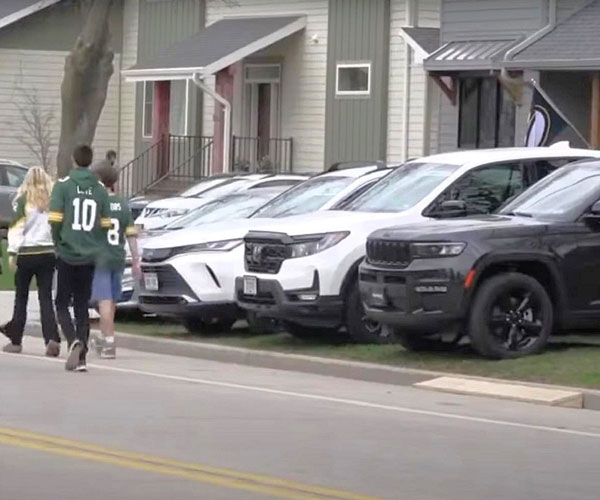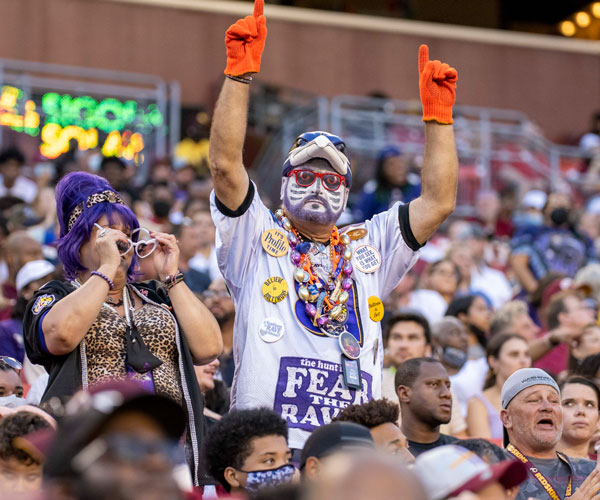The Antarctic is like a different planet. An amazing place. A contradictory world of adorable penguins, and 50- to 60-foot oceans swells. An unforgiving world where a small mistake can make for a quick death in a gorgeous, chilly grave.
It’s well below freezing outside. The air catches your lungs and bites your skin, but it is still habitable. Though it’s cold and extremely dangerous, I didn’t feel threatened at all.
We bobbed along in a ship called the Farley Mowat. It flies under the flag of the Sea Shepherd Conservation Society, a volunteer environmentalist group with the mission to protect brutalized marine life in the region, mainly whales.
Although the International Whaling Commission issued a moratorium on commercial whale hunts in 1986, loopholes allow whalers from many countries into whaling sanctuaries to slaughter whales under the pretense of doing scientific research.
The worst offenders are the Japanese. A cultural tradition of whaling and government-subsidized support in the sale of whale meat funds the Japanese whaling fleets.
We got a tip from Greenpeace about a Japanese fleet in the Antarctic — a group of kill ships along with a factory ship, approximately the size of a WWII aircraft carrier, that processes the slaughtered whales and takes them back to port. Our goal was to ram the factory ship and damage it enough to send it back to Japan — minus whales — for repair.
We tracked them down on Christmas Day. Rather than engage us in any kind of confrontation, they fired up their engines and ran from us. This is good. If they are running, they aren’t whaling.
We made the chase for 15 days, over 3,000 miles before we got low on fuel and gave up, heading toward Capetown, South Africa, to recharge.
Now totally alone on this gigantic ocean, we came into a dense fog with maybe 1-mile visibility. There was a serene quiet, calm waters, and you could see the reflection of the ship.
Suddenly there was a blip on our radar screen — something big, not moving — either an iceberg or a ship. As we moved toward the blip to investigate, we discovered the Oriental Bluebird, the Japanese fleet’s supply ship, our No. 2 target.
If we can damage their supply ship, the whaling fleet cannot stay at sea and the expedition is thwarted. This spot is close to Australian Territory, an actual whale sanctuary where whales are supposed to be safe. Even with low fuel, our mission was back on.
We slowly began to circle the Oriental Bluebird. Our captain hailed them via radio and told them to leave the territory now or we would ram their ship.
Most of us were on deck as the Oriental Bluebird got the warning. On the starboard side of the Farley Mowat, a huge metal I-beam is welded at a 45-degree angle. It’s known by the ship’s crew as “the Can Opener.” We could see no crew on deck of the Japanese ship, a must before ramming. All of us headed below deck to get into our survivor gear — wetsuit, hat, gloves and boots — then gathered at the hatch to watch through portholes as we headed toward the Bluebird’s starboard side. We were all yelling: “We are going to ram! We are going to ram!”
As we closed in on the Oriental Bluebird, the water compressed. As we collided, it shot an explosion of sea up over the decks of both ships. The strike with the Can Opener was anticlimatic. The heavy steel of both ships absorbed most of the expected shudder and jarring. We pulled away, leaving a long jagged crease alongside the hull of the their ship, as though we had just keyed a car. We circled again. But they fired up their engines and fled. We didn’t have the fuel for pursuit, but we all felt victorious. We found out later they had to go back to Japan for repairs and complained to area coast guards they couldn’t take their “quota” of whales.
People call us pirates because of our actions, and some call us environmental terrorists, but we’re not trying to hurt anyone.
No one has been killed or seriously injured in any of our campaigns in 30 years. Our mission induces risks and none us want to throw our lives away. But, we’re not going to let the fear of death stop us from doing what’s right. Humanity’s disconnect with our environment is a major problem.
We haven’t stopped the whaling. But, because of Sea Shepherd and the pirate actions of the Farley Mowat, that day against the Oriental Bluebird, many whales were spared, to live another day… and reproduce.



